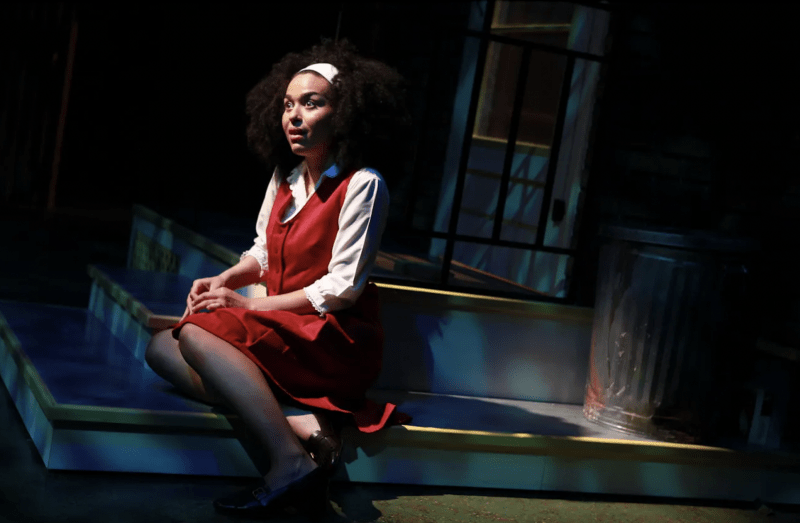
The ongoing saga of arts funding in Portland and the three-county metropolitan area continues. An email sent Monday by the Regional Arts & Culture Council‘s grants team to grant recipients disclosed that Clackamas County has withdrawn its funding of RACC programs.
The county’s decision follows a lengthy dispute between RACC, which has managed arts funding in Portland and the tri-county region since the 1990s, and the City of Portland, which is building up its own arts administration and policy department. The dispute has led the city to cut off all of its funding for RACC once its current contract ends in Summer 2024, and more recently, to the RACC board putting its executive director, Carol Tatch, on paid leave pending an investigation of unspecified issues, and Tatch’s subsequent departure from the nonprofit agency.
“Due to the City’s decision, Clackamas County has also withdrawn their funding of RACC, and the future of RACC’s grantmaking will look different,” the grants team’s email said.
That decision throws into question cultural funding for a county of more than 422,000 people, stretching from the west side of the Willamette River to Mount Hood and containing such population centers as Milwaukie, Oregon City, Wilsonville, West Linn, Lake Oswego, Canby, Gladstone, Estacada, Molalla, Happy Valley, Sandy, and even parts of Portland. The Clackamas County Cultural Coalition re-grants money in the county — usually between $20,000 and $50,000 a year, according to the coalition’s website — from a separate statewide governmental source, the Oregon Cultural Trust, which also makes many direct grants to arts and cultural groups throughout Oregon.
The RACC grants team’s email to grantees spells out several changes in procedure and stresses that RACC is still in business, and in fact, may well still work with the City of Portland. “Many of your grant awards are funded by the City of Portland,” it states. “In 2024, the City will introduce a new arts service delivery model, including a new structure for grantmaking, which may lead to some entity other than RACC administering grants after July 1, 2024. …
“In December, the City will release an RFP [request for proposal] under this new system for selecting a new service provider, or multiple service providers. RACC has been encouraged to apply, and the City anticipates that the new contractors for grants administration will be known by April, 2024.”
The email stresses RACC’s intention to continue functioning beyond summer 2024, but does not spell out what it expects its post-cutoff budget to be or where its funding will come from. Traditionally its money has come from the City of Portland; Multnomah, Washington, and Clackamas counties; and the Metro regional government. The bulk has come from Portland — in the last fiscal year, the city underwrote about $7.4 million of RACC’s $10.6 million budget — and the majority of grant money has gone in turn to artists and organizations in the city.
“Regardless of these changes,” the grants team’s email continues, “RACC will continue its non-profit mission as an enricher of communities through arts and culture beyond July 1, 2024. We have heard your concern over who will provide support services for arts leaders and artists such as workshops, coaching, grantseeking, professional development and other resources to support the field outside of direct funding support. It is our intention to be able to maintain a level of service in all these areas and more as we believe this is what has made us an unparalleled service provider in the arts since 1995.
“Please note that we continue to accept applications and award grant funds through June 30, 2024, and we are actively working with the City of Portland and other jurisdictions on this transition.”
The apparent fracturing of broad arts funding and policy efforts into smaller geographic chunks also comes in the midst of Our Creative Future, a lengthy regional effort to plan the future of arts and culture across the three-county region. As the webpage for the plan-in-the-making puts it, “We invite community members in Clackamas, Multnomah and Washington Counties to connect to this process and shape the future of arts and culture in our region.”
